Name:Cytokeratin Antibody clone EP24/EP67/B22.1&B23.1
Description and applications: This antibody recognises cytokeratins 5, 6, 8, and 18. Proteins generically called intermediate filaments, because they measure between 7 and 22 nm in diameter (i.e., with a size between actin, 5-7 nm, and tubulin, 22-25 nm), are part, along with actin and tubulin, of the vertebrate cytoskeleton. This superfamily is composed of six subfamilies of molecules with different tissue expression patterns. Cytokeratins constitute homology groups I and II, and in humans they are encoded by more than 49 different genes located in chromosomes 17 (I) and 12 (II). The nomenclature chosen in 1982 by Moll and Franke assigns numbers from 1 to 8 to type II cytokeratins (neutral or basic) and from 9 to 21 to type I cytokeratins (acidic). An analogous nomenclature for hair keratins has now been defined, with the addition of letters Ha and Hb to distinguish type I from type II. Structurally, cytokeratins share with the rest of intermediate filaments a central axis of 310 amino acid residues consisting of four highly preserved α-helical domains (1A, 1B, 2A, and 2B) that define the type of intermediate filament that will be formed after assembly; these domains are separated by three non-helical linking regions (L1, L12, and L2) and two end domains which are highly different in size and sequence (head, 1, and tail, 2), each with constant (E1/E2), variable (V1/V2), and homology (H1/H2) regions, the latter characteristic of type II keratins and absent in type I keratins. The major immunogenic properties and the main differences between each keratin class are found in the variable domains. Keratins are usually assembled into I/II heterodimers and are specifically co-expressed in pairs in each tissue. Due to the high homology among the different molecules, it is common for a monoclonal antibody to react with different types of cytokeratins; for example, anti-cytokeratin AE1 labels cytokeratins 10, 14, 15, 16, and 19. The anti-cytokeratin monoclonal antibody cocktail is a broad-spectrum antibodt for general use. This antibody mixture reacts with carcinomas in general, but as with other anti-cytokeratin antibodies, it is possible that poorly differentiated carcinomas occasionally exhibit poor immunostaining. Its most common application is the differential diagnosis of malignant tumours, in which case it can be used within a panel of antibodies, such as anti-ALC, which recognises lymphoma, or anti-S100 or HMB45, which labels malignant melanoma. The staining of other non-carcinoma tumours is uncommon, although as with other anti-cytokeratin 8 antibodies, smooth muscle and leiomyoma labelling may occasionally be observed.
Composition: Anti-human Cytokeratin 5/6/8/18 rabbit/mouse monoclonal antibody purified from serum and prepared in 10mM PBS, pH 7.4, with 0.2% BSA and 0.09% sodium azide

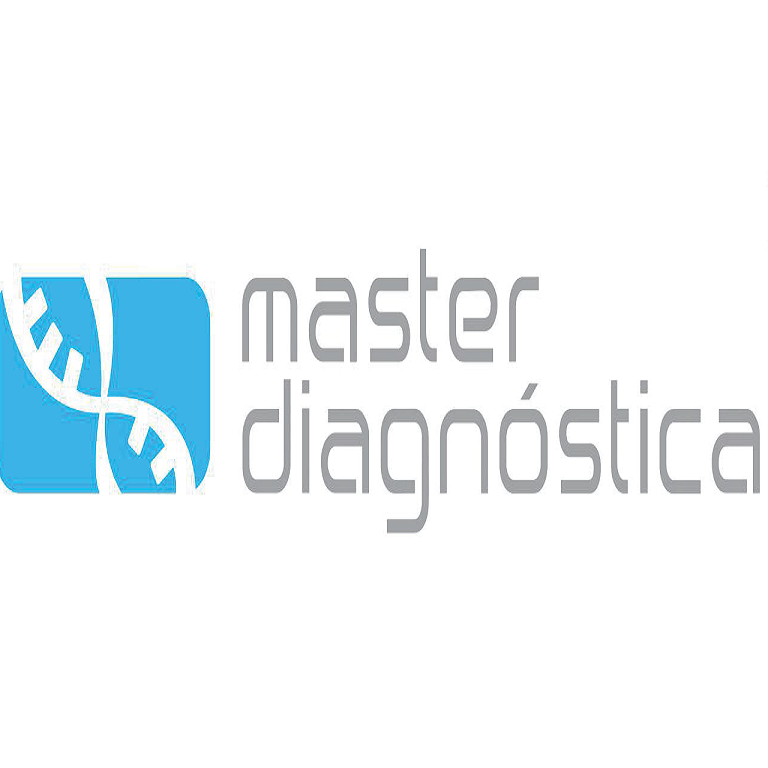
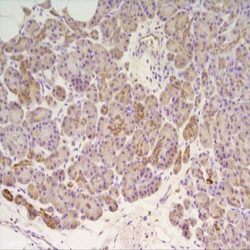
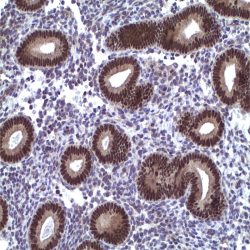
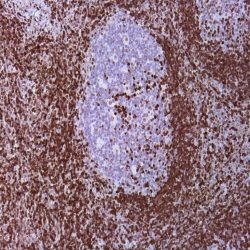
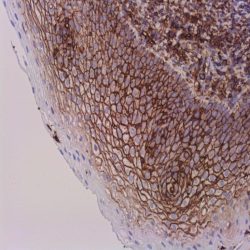
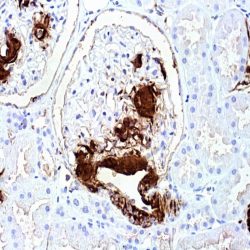
دیدگاهها
هیچ دیدگاهی برای این محصول نوشته نشده است.